4 Rosemary Alternatives That Add Herbaceous Notes
Substitute for rosemary can transform an ordinary dish when this beloved herb isn't available in your kitchen.
Moments of panic arise when a key ingredient disappears mid-recipe.
The good news? Several alternatives exist that capture similar aromatic qualities without compromising the intended flavor profile.
These replacements often bring their own unique characteristics to meals while maintaining the Mediterranean essence rosemary typically provides.
Most people don't realize how versatile cooking becomes once they understand herb substitution principles.
The world of culinary stand-ins extends far beyond the obvious choices, with options varying from dried alternatives to completely different herb families.
Next time your recipe calls for those distinctive needle-like leaves, you'll feel confident knowing exactly what to reach for instead.
Why Substitute Rosemary?
There are many reasons you might want to substitute rosemary in your recipes, from flavor preferences and allergies to ingredient shortages and new culinary adventures. Using an alternative can help you tailor dishes to your taste or needs while still creating delicious, aromatic meals:
Aromatic Rosemary Alternatives
Rosemary alternatives keep dishes fragrant and comforting, whether in roasts, stews, or breads. Every swap carries a different aromatic touch. See which herb could be your next flavor hero.
Oregano
Oregano stands out as an excellent rosemary substitute since both herbs share membership in the mint family and Mediterranean origins, making it a natural replacement in many dishes.
The earthy, slightly bitter, and peppery flavor profile of oregano works wonderfully in Italian cuisine, especially pizza, while also enhancing soups, sauces, salads, and various meat dishes.
For best results, match fresh oregano with recipes calling for fresh rosemary and dried oregano when dry rosemary is specified, as dried herbs generally pack more punch than their fresh counterparts.
The purple flowers of oregano add visual appeal, though it's primarily the leaves that contribute to both culinary applications and traditional medicine.
Thyme
Substituting thyme for rosemary offers a milder alternative with delightful minty, earthy notes and subtle citrus hints.
Many people appreciate thyme's wide availability in most grocery stores and kitchen spice racks, making it a convenient swap when rosemary isn't on hand.
The 1:1 replacement ratio keeps recipes simple- just use one tablespoon of thyme for each tablespoon of rosemary called for in your dish.
Thyme comes in several interesting varieties including caraway and orange thyme, each adding its own unique twist to your cooking.
Basil
Basil, a versatile culinary herb from the same family as thyme, stands out for its incredible range of uses in cooking worldwide.
Fresh leaves add flavor to meals and create the famous Italian pesto, while dried basil enhances soups and sauces with its aromatic profile.
Many chefs appreciate how basil seeds, when soaked, become a fascinating ingredient in Asian beverages and desserts such as the traditional Indian faluda.
Home cooks often substitute basil for rosemary in recipes using a simple 1:1 ratio when needed.
This adaptable herb grows easily in most home gardens, making it accessible for anyone who wants to experiment with its distinctive taste.
Italian Seasoning
Substituting Italian seasoning for rosemary can add unexpected depth to dishes that call for this fragrant herb.
The savory blend, typically containing basil, oregano, thyme, and rosemary itself, works wonderfully in hearty pasta sauces, roasted meats, and Mediterranean-inspired recipes.
For best results, use half a tablespoon of Italian seasoning to replace each tablespoon of rosemary called for in recipes.
This swap shines most brightly in dishes with multiple spices where the complex flavor profile can fully develop.
In simpler preparations, just a small pinch will prevent the mixture from overwhelming more delicate flavors while still enhancing the overall taste.
How to Combine Herbs for a Rosemary-Like Flavor
Blending the right herbs can help you capture the piney, earthy aroma of rosemary even if you don’t have any on hand. By mixing similar herbs in the right balance, you can create a fresh, complex flavor that works well in roasted meats, vegetables, soups, and breads:
Rosemary Alternatives: Your Most-Asked Cooking Questions
1. Are there dried alternatives to fresh rosemary?
Absolutely, dried thyme, sage, or marjoram are good dried herb swaps for rosemary, use about half the amount of dried for fresh.
2. Can I use Italian seasoning instead of rosemary?
Yes, Italian seasoning blends often contain thyme, oregano, and marjoram, which together can mimic rosemary’s flavor in many recipes.
3. What’s the best substitute for rosemary in roasted vegetables or meats?
Thyme or a blend of thyme and sage works well for roasted vegetables, chicken, lamb, or beef.
4. Will rosemary substitutes work in bread and focaccia?
Yes, thyme, marjoram, or even basil can be used to flavor breads and focaccia if you’re out of rosemary.
5. Are rosemary alternatives suitable for gluten-free and vegan dishes?
Yes, all listed herbs are plant-based and gluten-free, just ensure no added blends contain gluten.
6. Will using a substitute change the color or appearance of my dish?
Some herbs, like sage or oregano, are darker or more finely textured than rosemary but won’t significantly change your dish’s appearance.
7. How should I store rosemary substitutes?
Store dried herbs in airtight containers in a cool, dark place, and refrigerate fresh herbs wrapped in damp paper towels.

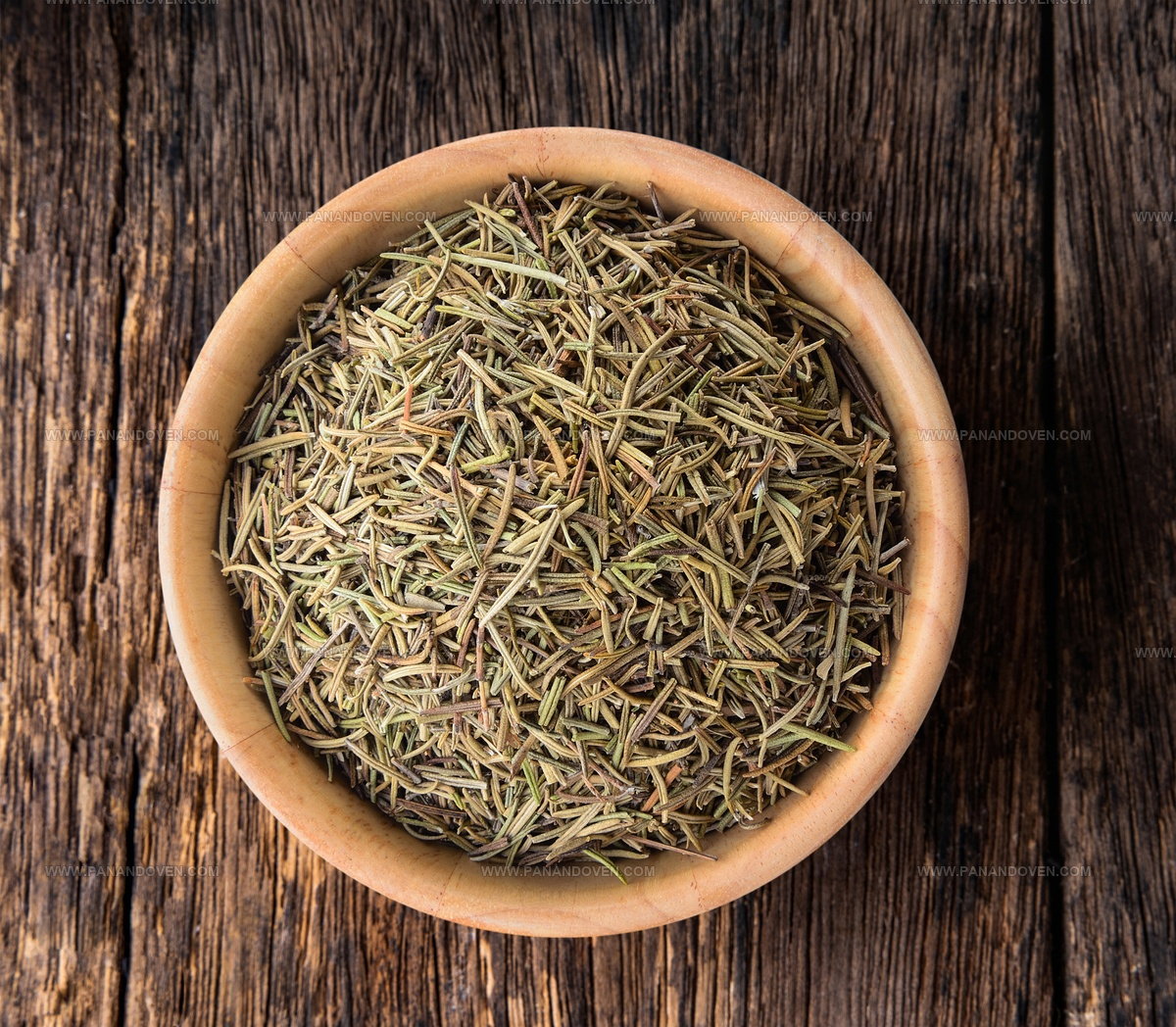
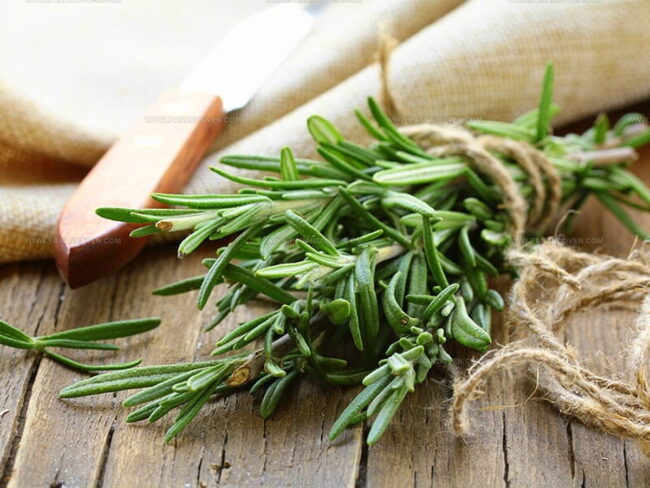
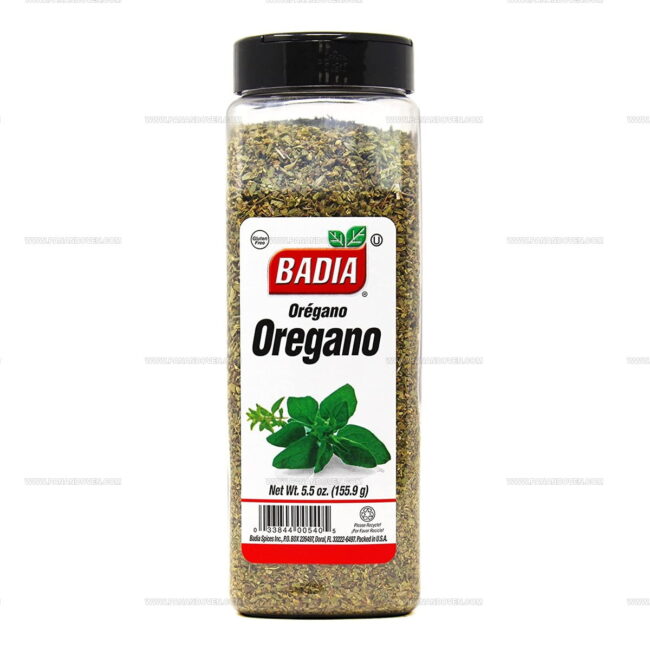
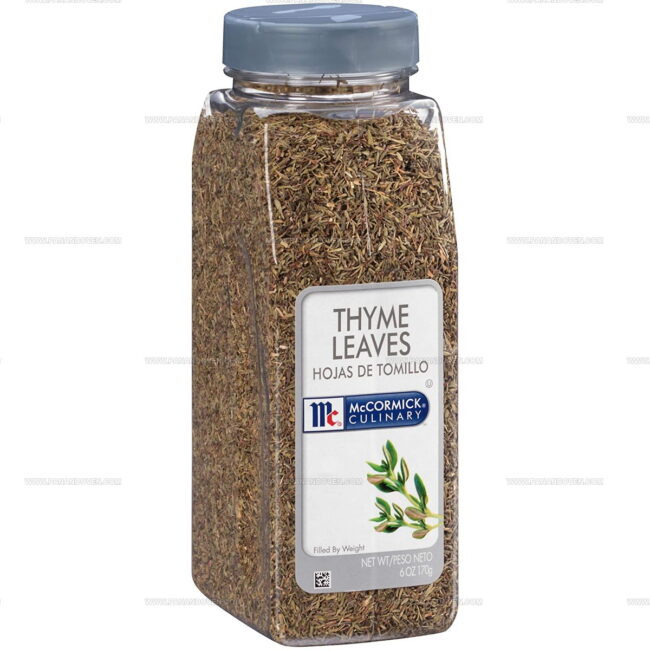
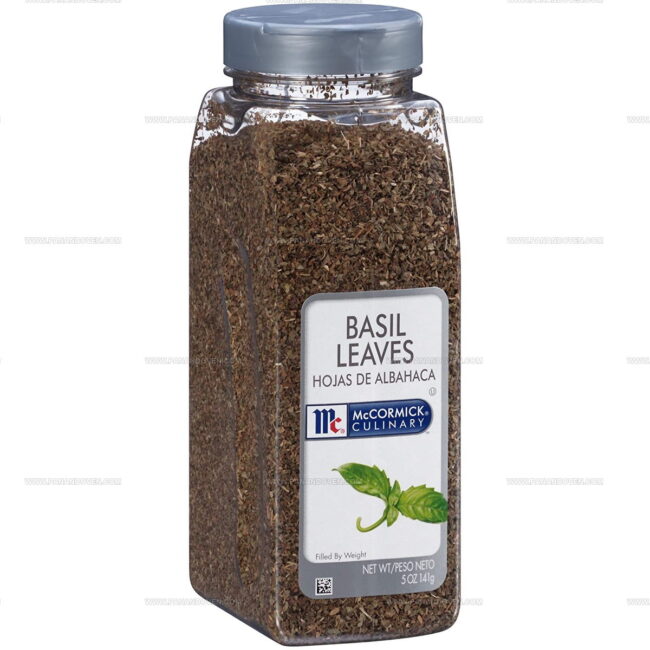
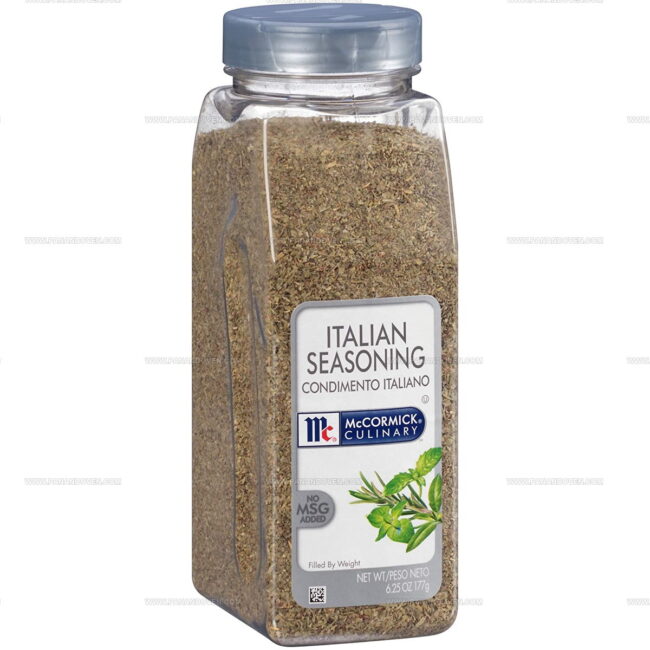

Marcus Reed
Founder & Food Content Creator
Expertise
Single-recipe development, Seasonal and local ingredient utilization, Food photography and styling, Culinary writing and content creation
Education
Culinary Arts Certificate, Blue Ridge Community and Technical College, WV
Focus: Fundamentals of culinary techniques, emphasizing hands-on experience in small-scale kitchen settings.
Marcus’s story begins in Asheville, where good food and family kitchens shaped his earliest memories. After hands-on culinary training and a lot of trial (and a little error), he realized that real cooking isn’t about perfection, it’s about connection.
At Pan and Oven, Marcus crafts recipes that are easy to follow, packed with flavor, and built for real kitchens.